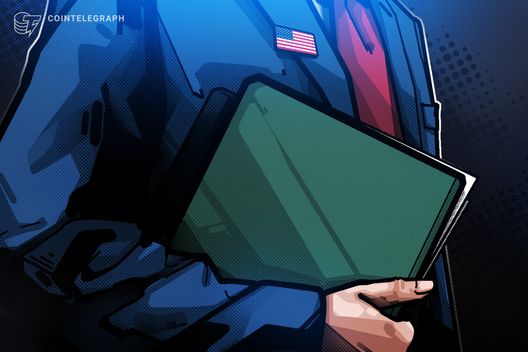
In a recent development in the United States Senate, two bipartisan bills aimed at enhancing data privacy protections for all Americans were blocked by Senator Ted Cruz. The bills, which sought to safeguard the personal data of individuals from potential breaches and unauthorized access, were met with opposition from Cruz, who expressed concerns that the proposed legislation could impede law enforcement's ability to track down criminals.
The first bill, known as the Data Security and Breach Notification Act, aimed to establish a national standard for data breach notifications and impose stricter regulations on companies that collect and store individuals' personal information. The legislation aimed to enhance transparency around data breaches and empower consumers to take control of their personal information. Additionally, the bill sought to hold companies more accountable for safeguarding sensitive data and mitigate the risks associated with cyber threats and data breaches.
The second bill, titled the Consumer Online Privacy Rights Act, aimed to grant individuals more control over their personal data online and enhance transparency and accountability among tech companies that collect and monetize user data. The legislation sought to establish guidelines for data collection practices, provide individuals with greater visibility into how their data is being used, and give consumers the ability to opt out of having their information shared with third parties.
Despite the bipartisan support for both bills, Senator Cruz raised concerns about the potential impact of the legislation on law enforcement efforts. He argued that the proposed measures could hinder law enforcement's ability to access crucial data for investigating and tracking down criminals. Cruz emphasized the importance of balancing data privacy protections with law enforcement needs, highlighting the complex challenges associated with navigating the intersection of privacy rights and public safety concerns.
The debate surrounding data privacy and security has become increasingly prominent in recent years, as high-profile data breaches and privacy scandals have underscored the vulnerabilities inherent in the digital age. The need to establish robust regulations and safeguards to protect individuals' personal information has become a pressing issue, with lawmakers and stakeholders grappling with how to strike the right balance between privacy rights and law enforcement imperatives.
While the blocked bills represent a setback in the ongoing efforts to bolster data privacy protections for Americans, the debate is far from over. As the landscape of data privacy continues to evolve, policymakers will continue to engage in dialogue and debate to find solutions that effectively safeguard individuals' personal information while enabling law enforcement to fulfill its public safety responsibilities. The intersection of privacy rights, data security, and law enforcement imperatives remains a complex and multifaceted issue that will require careful consideration and collaboration to address effectively.

Leave a Reply